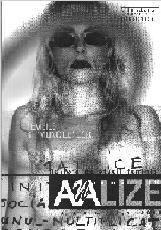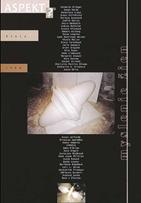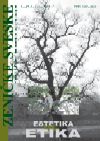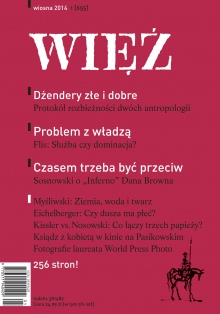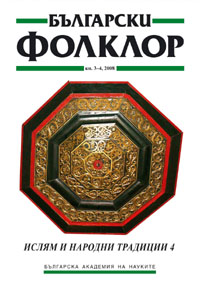
Джендърни аспекти на ислямизацията: устната традиция срещу историята
This research is centered on some quite striking inconsistencies between the gender dimensions of the “historical” Islamization – as outlined in the authentic documents from the Ottoman rule available to us and the “folkloric” Islamization – as presented in the works of the Bulgarian folk song. The distortion of the real gender character of Islamization as the author has tried to show seems different in each of the two big groups of folkloric texts, which are being analyzed in the article. In the song texts on the topic of forced conversion to Islam, which did not succeed, both genders are treated equally and with similar respect, and suffering and heroic deeds, typical for one of the genders in real life, are projected without any problem to the other gender. According to the author, this is due to the fact that the “teaching” function (safeguarding religious faith) prevails in folklore. In its name, the traditional gender roles, typical of patriarchic ethics, are largely sacrificed. The other type of texts, dedicated to the accomplished conversions from Christianity to Islam, i.e. to shameful deeds from the perspective of Christian ethics, the patriarchic normative function of folklore comes to the foreground. Obeying the gender hierarchy, established for centuries, the folk singer is doing his best to protect the authority of the “stronger gender”. That is why he eagerly hides the male apostasies and tries to impose the tendency to betray religion mainly to the “softer gender”.
More...

